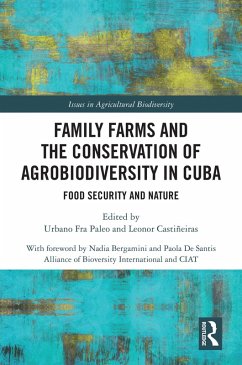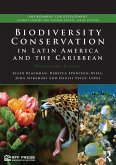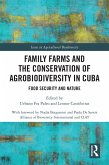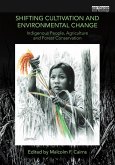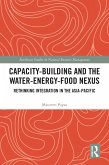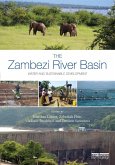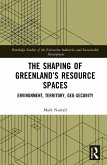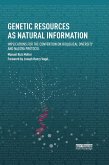Covering over two decades of research in agriculture and biodiversity conservation in Cuba, this book provides a unique case study about sustainable agriculture. It shows how the agricultural biodiversity maintained in situ by family farms within those protected areas provides a strategic source of crop genetic resources, including seeds and planting materials, as well as agroecological knowledge and practices. Agricultural practices within and around the Biosphere Reserves have helped to promote local food security through healthier and more diverse food production, while contributing to the conservation of biodiversity and of ecosystems. The book also reports on the adoption of transdisciplinary methods, combining ecological, agronomic, and socio-economic research, along with participatory methods involving farmers in research to document ethnobotanical and farmer knowledge, revealing rich spots of agrobiodiversity maintained in landscapes, seed systems, and nurseries managed by farmers. It covers a range of ecosystems and biocultural landscapes from arid tropics, tropical hillsides and savannas, montane rainforests, and coastal areas. It examines how family farms in diverse Cuban ecosystems use biodiversity, agro-ecological knowledge, and techniques while sustaining natural and farming landscapes in a scenario of climate change, frequent disasters, and socio-economic and policy changes.
This book will be most suitable for those studying or interested in farming practices, biodiversity conservation, food security, agrobiodiversity, and sustainable development, as well as in Cuban studies.
Dieser Download kann aus rechtlichen Gründen nur mit Rechnungsadresse in A, B, BG, CY, CZ, D, DK, EW, E, FIN, F, GR, HR, H, IRL, I, LT, L, LR, M, NL, PL, P, R, S, SLO, SK ausgeliefert werden.

